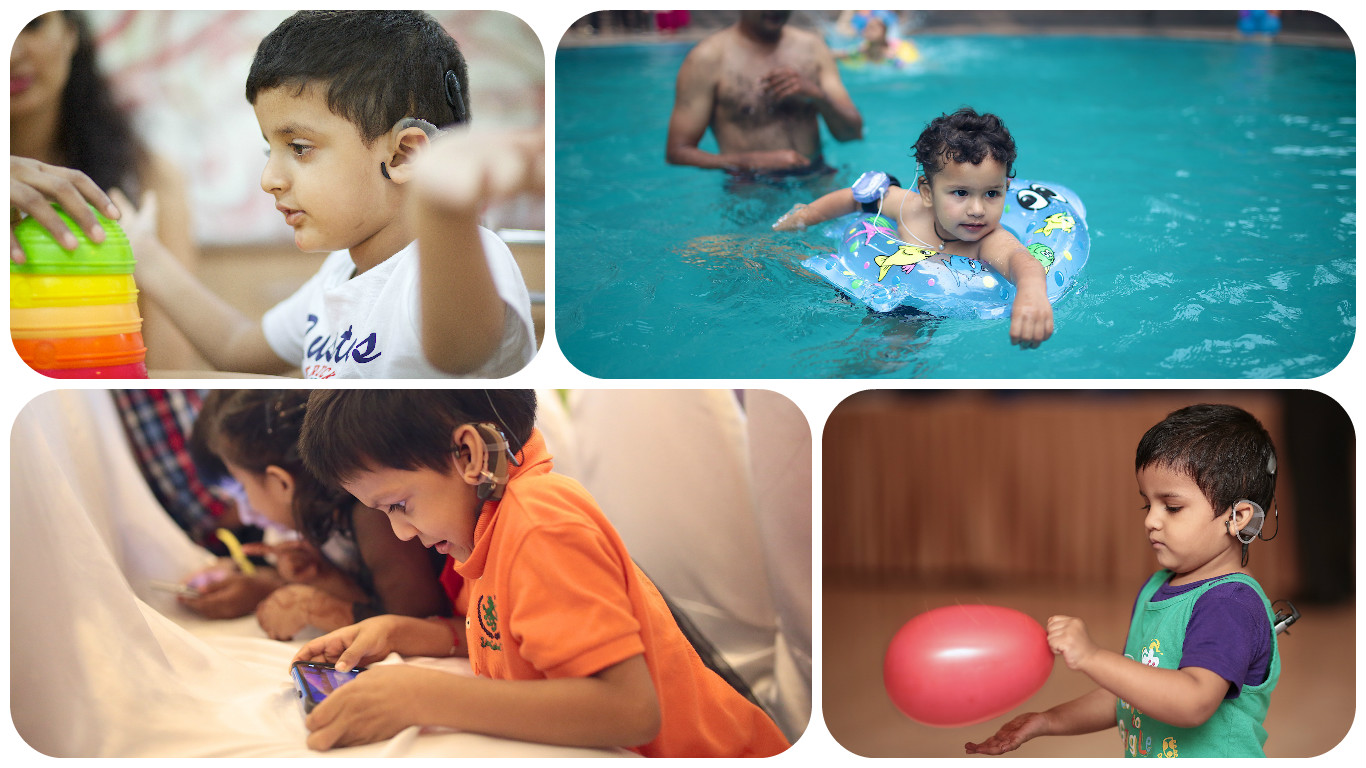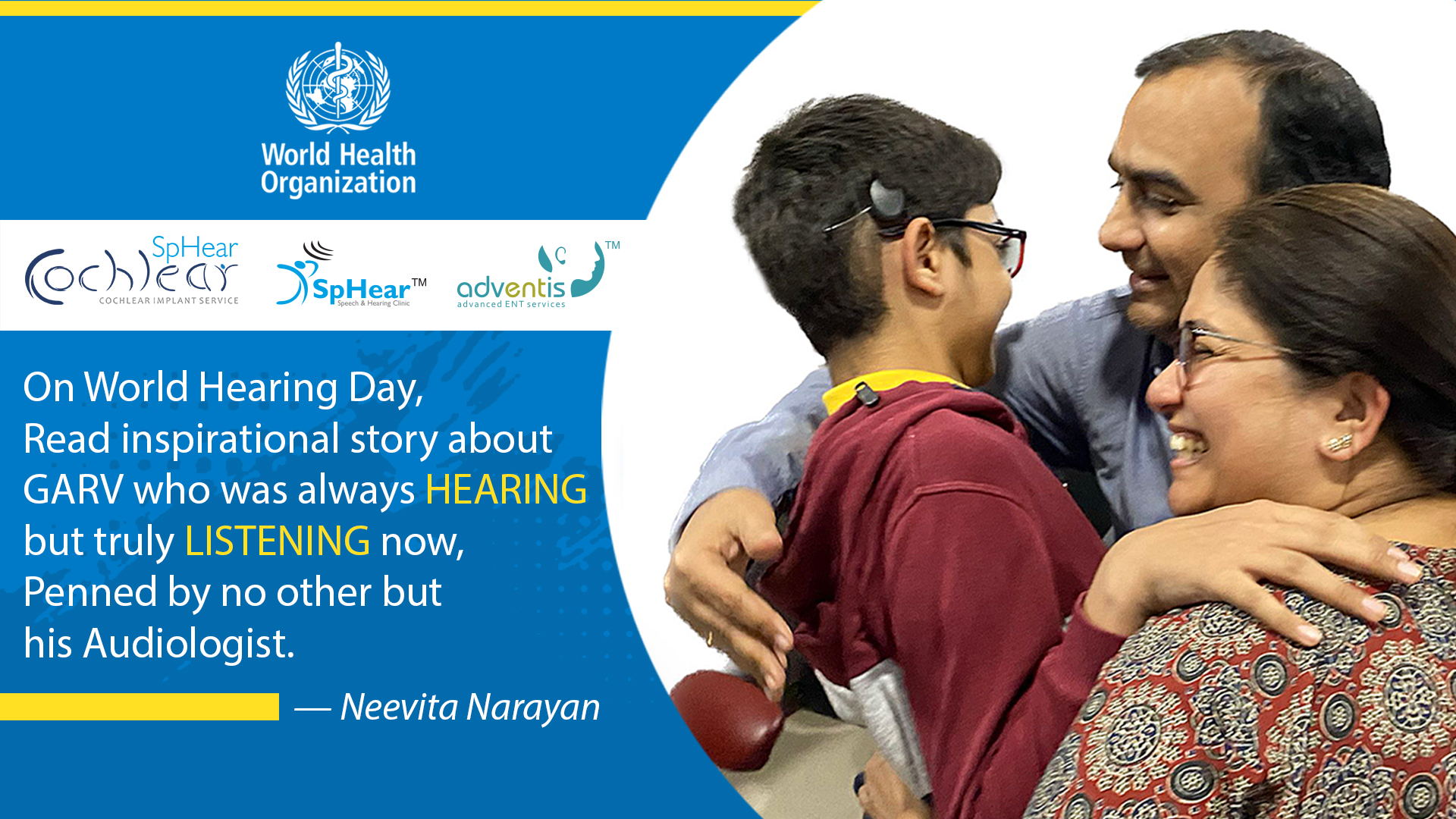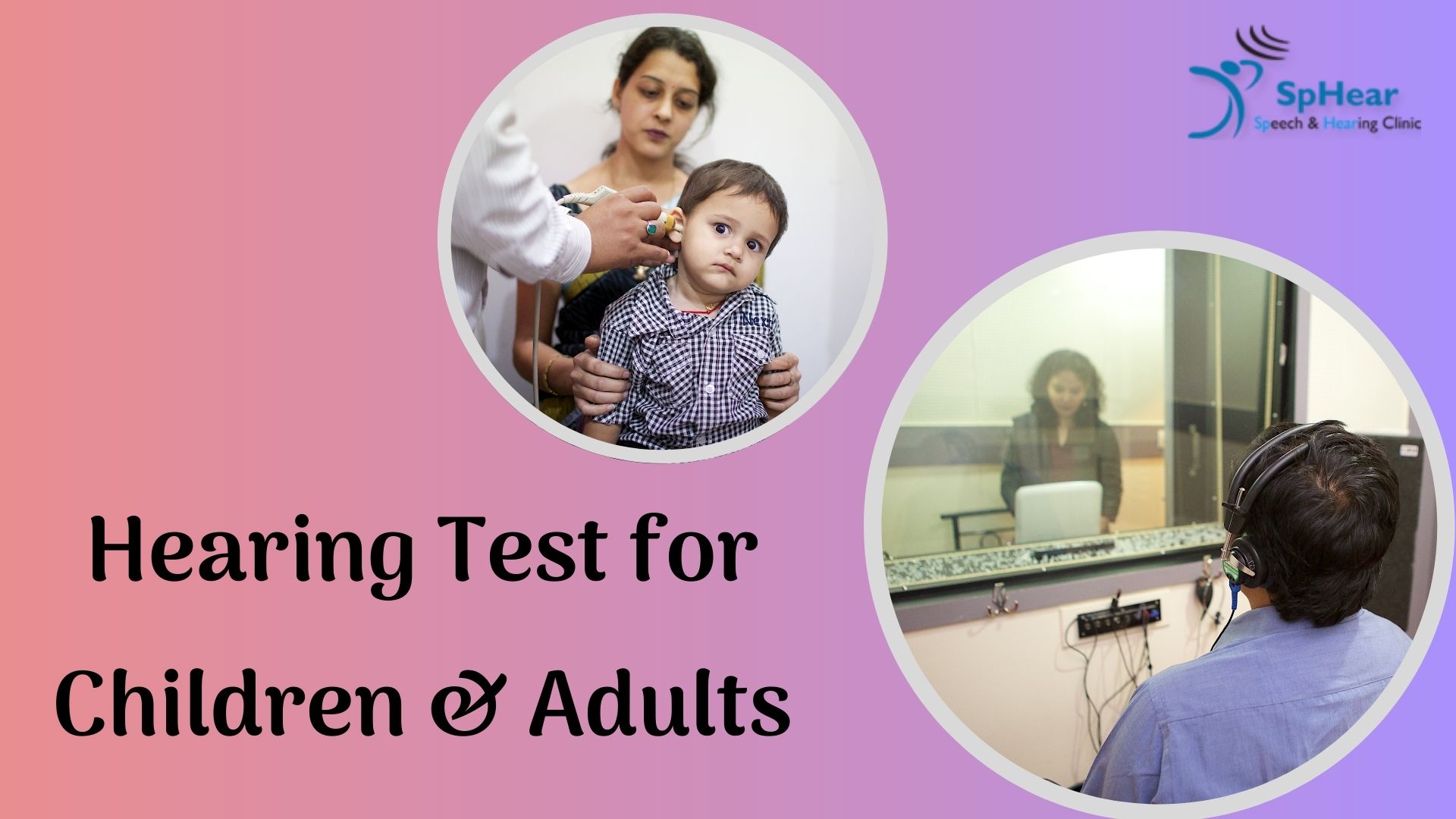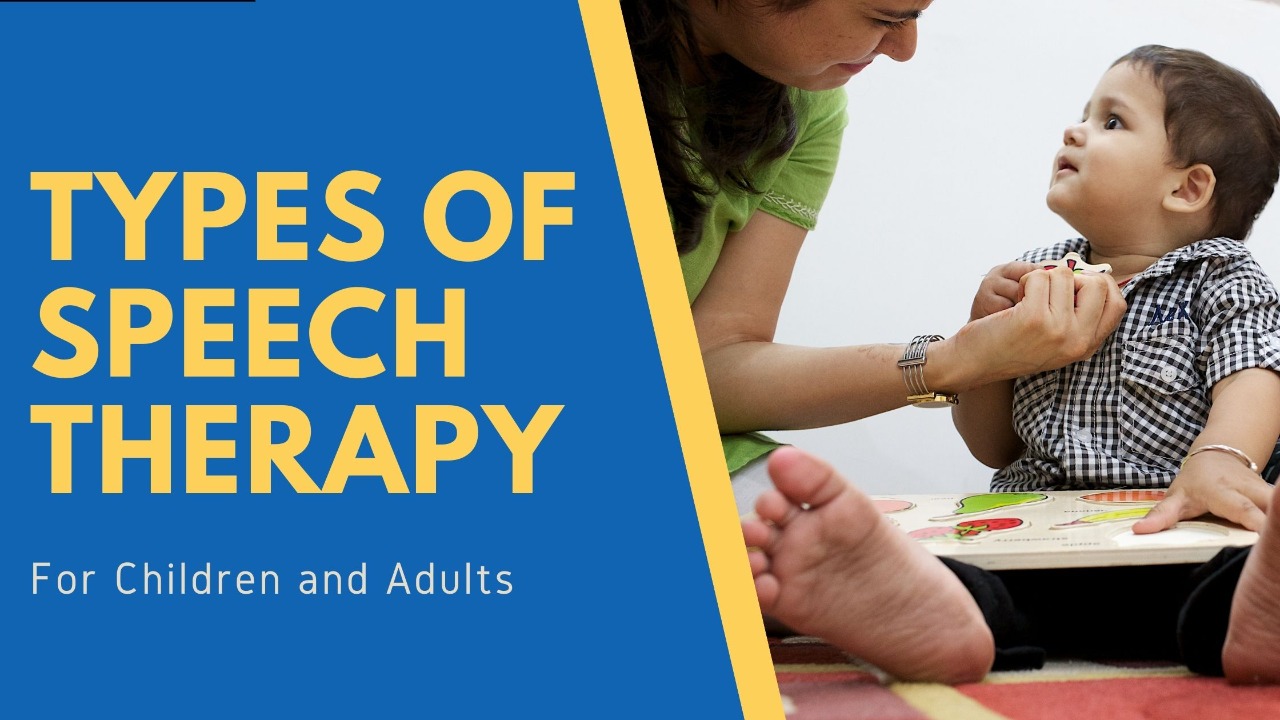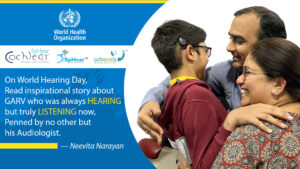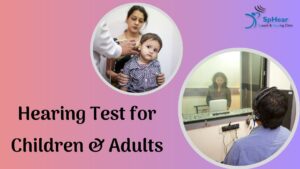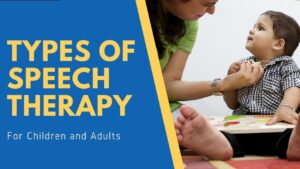By allowing children to experience things for themselves, we help them grow up to be independent individuals. You can be protective – such as in traffic, where your son or daughter can’t manage without help – but you should try not to be overprotective.
Talk about things that can help your child relate to the outside world. If children grow up feeling strong, independent and self-confident, they manage despite the hearing loss.
You don’t have to become a professional teacher or child psychologist. All you have to do is to there, offering loving support. This will make it easier for you to keep yours needs, and the rest of your family’s needs in focus.
Expectations and Demands

You have to consider your own child’s capabilities and how he or she is developing.
Your child shouldn’t be excused from taking part in the daily routines (such as tidying up or carrying out the dinner plates) because of the hearing loss. By getting involved you show that you’re interested, and this gives your child more self-esteem and motivation.
Learning Abilities and Social Skills

Your child’s ability to learn and develop will depend upon the nature of the hearing loss, and how he or she works with the various teachers.
Whilst it is important to get an education, but it is equally important to develop good social skills in order to make friends.
Learning New Words and Concepts
Children with hearing loss need additional support when learning new words and concepts. It can be fairly easy to teach them about objects, but teaching them about concepts can lead to misunderstandings and confusion.
Because they can’t hear the finer nuances of the language they sometimes either take things too literally or over-generalize. Concepts such as time (seconds, minutes, hours, weekdays, the months of the year, etc.) can be very hard to understand, so you may have to find different ways to explain them.
What You Gain by Being Open Minded
Some parents try to hide their child’s hearing loss by getting the smallest hearing aids possible, and changing the child’s hairstyle. This is often because parents feel embarrassed about their children wearing hearing aids.
Many younger children like to wear hearing aids in bright, fun colors. If they want to show them off and wear their hair short, or behind the ears they should be allowed to do so.
The more the child decides in regards to color, decoration, and cosmetics the more they accept to wear the hearing aids.
Don’t be Shy – be Informative!
Generally, people knew very little about hearing loss and hearing aids. But if you take the initiative, you’ll find that most people – whether family, school teachers or friends – are interested. By telling them about it and how it affects your lives, you help them to understand why your child reacts differently sometimes, and why certain listening situations are more difficult than others.
As your child grows up and moves to a new school, encourage him or her to tell the new teachers and class- mates about the hearing loss and hearing aids. Tell them about the simple communication techniques they can use such as not shouting or covering their mouths when talking. This will make transition periods easier.

